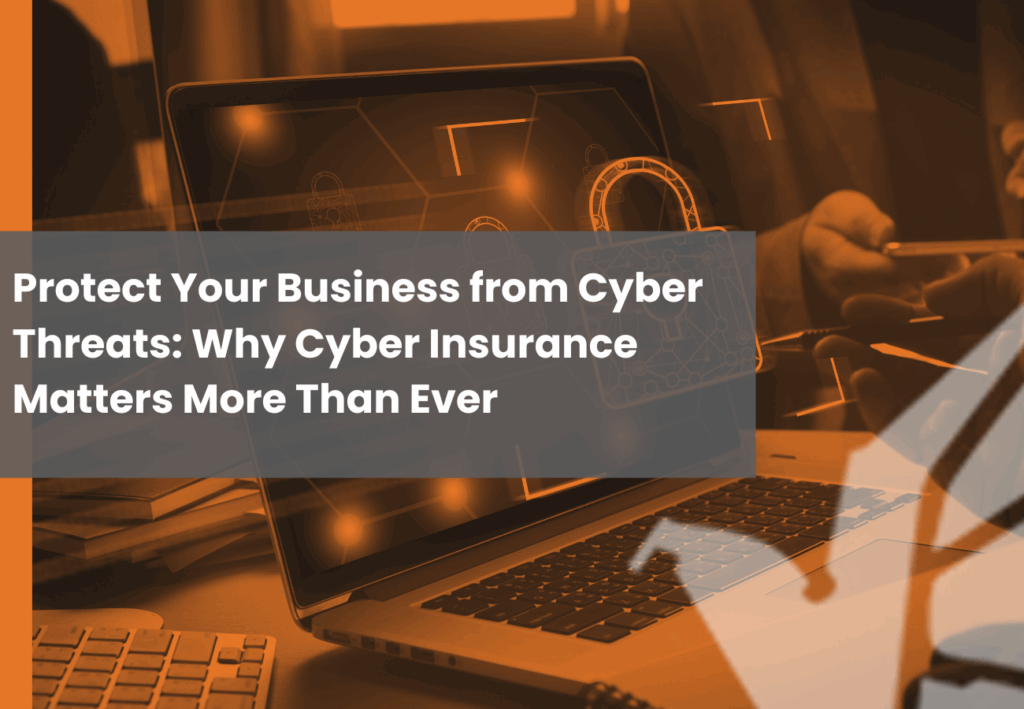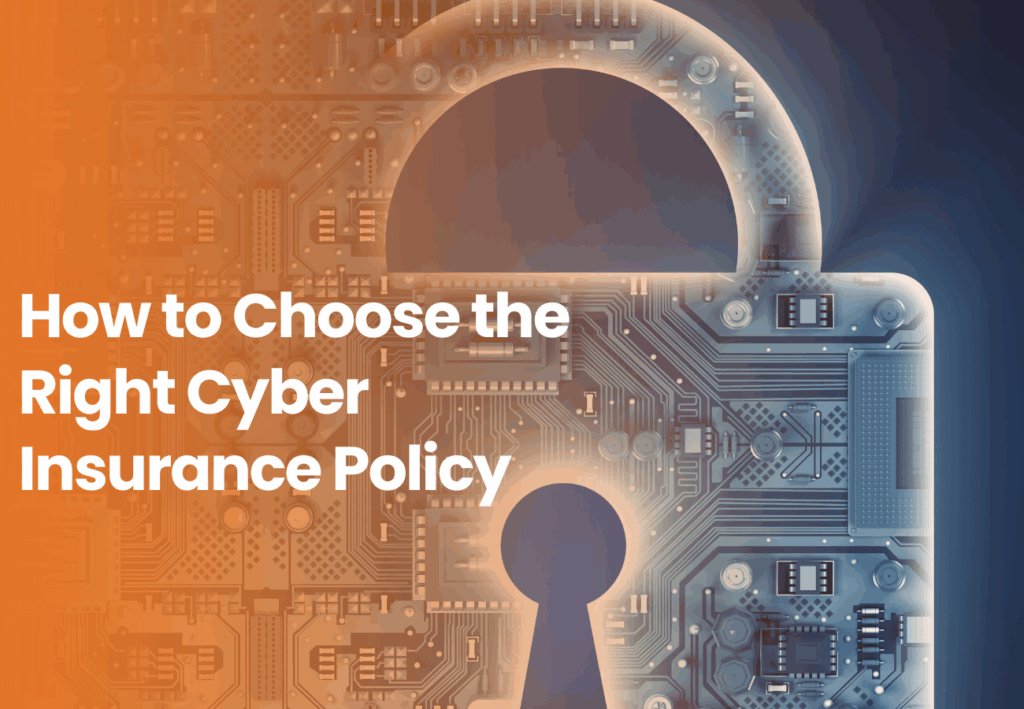
The Growing Threat of Cyberattacks to Businesses
Cyberattacks Are Increasing Across All Industries
Cyberattacks are escalating globally, targeting businesses of every size. As digital technology integrates deeper into operations, vulnerabilities grow. Hackers employ increasingly sophisticated tactics such as ransomware, phishing, and data breaches to disrupt businesses and steal sensitive information. No industry or business size is immune to these rising threats.
Why Small and Mid-Sized Businesses Are Especially Vulnerable
Unlike large corporations, small and mid-sized businesses often lack robust cybersecurity defenses, making them attractive targets. These businesses handle valuable data but have limited resources to implement strong security measures. Hackers exploit these gaps, knowing smaller firms are less prepared, increasing their risk of attack and loss.
Industries Most Impacted by Cyber Threats
Certain industries are disproportionately affected by cyberattacks due to the sensitive data they manage. Construction, healthcare, and professional services top the list because they process confidential client, patient, and employee information, often without the strongest cyber protections, leaving them exposed to significant risk.
Common Types of Cyberattacks Affecting Businesses
Ransomware: Locking Systems for Ransom
Ransomware attacks encrypt business systems, holding them hostage until a ransom is paid. This cripples operations, potentially causing severe financial damage. These attacks have surged, with hackers demanding substantial sums to restore access, affecting all business sizes.
Data Breaches: Exposing Sensitive Information
Data breaches allow unauthorized access to confidential information, risking financial loss, legal consequences, and damage to reputation. Exposed customer and employee data can lead to costly lawsuits and loss of business trust.
Email Scams and Fraudulent Wire Transfers
Phishing and email scams trick employees into revealing sensitive credentials or authorizing fraudulent transactions. These attacks leverage human error and social engineering, making them hard to prevent and costly to businesses.
What Cyber Insurance Covers and Why It’s Essential

Data Recovery and System Restoration
Cyber insurance covers the costs involved in recovering data and restoring systems after a cyberattack. These expenses can be significant, including IT forensic investigations, software reinstallation, and data rebuilding.
Legal Defense and Regulatory Notifications
In case of breaches, insurance covers legal fees and costs related to notifying affected parties and regulators, helping businesses meet compliance and avoid penalties.
Business Interruption and Ransom Payments
Policies often reimburse lost income due to operational downtime and, in some cases, ransom payments demanded by hackers, providing financial stability during recovery.
The Rising Risk for Small and Mid-Sized Businesses
Smaller Businesses Lack Adequate Cybersecurity
Many small businesses do not invest enough in cybersecurity infrastructure, leaving gaps for attackers to exploit.
Human Error Increases Vulnerability
Lack of employee training increases risk of falling victim to phishing and scams, common attack vectors.
Financial Impact Can Be Devastating
Cyberattacks can lead to costs that many small businesses cannot absorb, leading to closure or severe setbacks.
Benefits of Cyber Insurance for Your Business
Financial Protection Against Cyber Incidents
Cyber insurance helps mitigate expensive recovery costs, legal fees, and lost income, protecting your financial health.
Access to Expert Resources
Many policies provide access to cybersecurity experts, legal teams, and public relations support to manage crises effectively.
Peace of Mind to Focus on Growth
Knowing your business is protected allows owners and managers to focus on operations and growth without fear of cyber threats.
How to Choose the Right Cyber Insurance Policy

Understand Coverage Limits and Exclusions
Review policies carefully to understand what is covered and excluded, ensuring adequate protection for your specific risks.
Match Policy to Business Size and Needs
Choose policies that fit your business’s scale, industry, and risk profile for tailored protection.
Work with Experienced Agents
Consult knowledgeable insurance professionals who can guide you to the best policy options and assist with claims.
Best Practices to Reduce Cyber Insurance Costs
Implement Robust Security Measures
Enhance your cybersecurity posture with firewalls, multi-factor authentication, and regular software updates to lower risk.
Employee Training and Awareness
Educate staff on recognizing phishing and social engineering tactics to reduce vulnerabilities.
Maintain Incident Response and Backup Plans
Develop and test response plans and backup systems to minimize damage and recovery time after attacks.
Steps to Take After a Cyberattack
Activate Incident Response Team
Taking swift action is essential to control and minimize the impact of cyberattacks, preventing further damage and aiding faster recovery.
Notify Affected Parties and Authorities
Ensure you meet all legal notification obligations promptly to prevent penalties and uphold transparency with customers, regulators, and stakeholders after a cyber incident.
Leverage Cyber Insurance Support
Utilize your insurer’s expert resources—including legal counsel, forensic specialists, and communication support—to effectively manage the aftermath of a cyberattack and speed up your business’s recovery process.
Why Choose Eagle National Insurance Group for Cyber Coverage
Local Knowledge with National Support
Eagle National blends deep local knowledge with partnerships from leading cyber insurance carriers, offering clients comprehensive coverage backed by both regional insight and national strength.
Customized Policies for Every Business
We provide customized cyber insurance solutions designed to match your business’s unique size, industry requirements, and budget constraints, ensuring you receive the most effective and affordable protection possible.
Dedicated Client Education and Support
Jim Stout and his team focus on transparent communication and continuous education, ensuring clients are well-informed, confident, and empowered to make the best decisions about their insurance needs.
